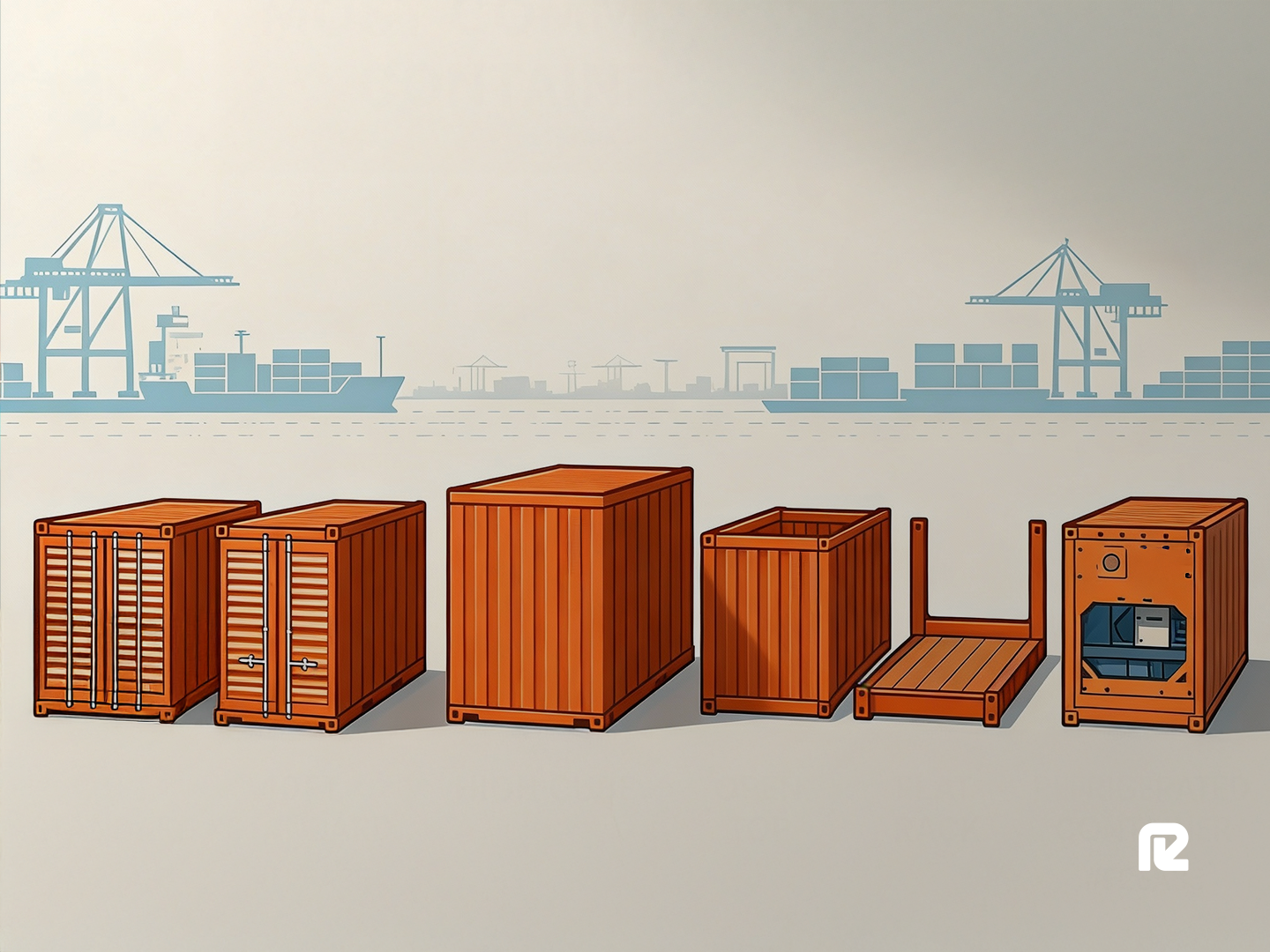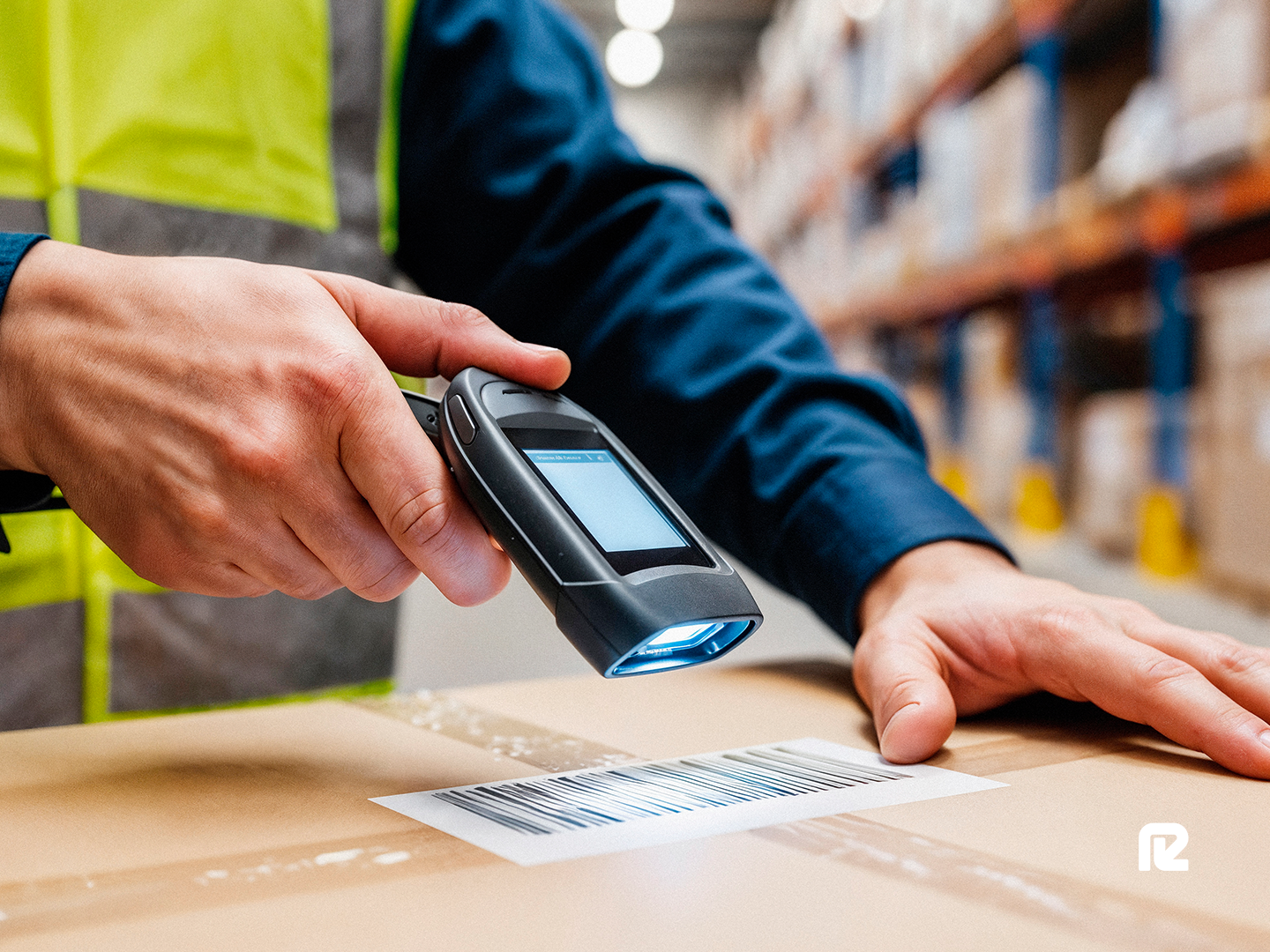The Importance of Cargo Tracking across Southern Africa

The need to track cargo in real time in Southern Africa is challenging. Issues like cross-border routes, customs inspections, and infrastructural bottlenecks make transport costly and time-consuming.
High-value goods, like copper cathodes, anodes, and blister, that need to be transported from the DRC and Zambia to Mozambique, South Africa, Namibia, Tanzania, and across the SADC region require precise planning and execution strategies. At Reload Logistics, we understand the intricacies of cargo movement, which is why we ensure our services prioritize visibility, accountability, and fast freight processing.
What is Freight Tracking? An Overview
Freight tracking, or cargo tracking, refers to the ability to monitor the location and status of goods as they move through the shipping process, from the port of loading (POL) to the port of discharge (POD). From coffee to cars, anything can be tracked with modern GPS, RFID tags, and smart sensors linked to cloud infrastructure.
The Need for Real-Time Visibility
Global supply chains have undergone a dramatic transformation recently. Between pandemic disruptions, climate events, and game-changing regional trade agreements like the African Continental Free Trade Area (AfCFTA), the logistics landscape barely resembles what it was even a few years ago.
The stakes are even higher for those operating in Southern Africa. Many trade routes run across multiple borders, each with its own set of compliance requirements and potential delays. A holdup at one checkpoint can trigger a domino effect, and without real-time cargo tracking, stakeholders are essentially flying blind.
With accurate, up-to-the-minute freight visibility, logistics managers can:
· Spot potential delays before they spiral out of control
· Proactively communicate with clients instead of scrambling to explain problems
· Better coordinate inbound and outbound schedules
· Maintain clear custody chains for high-value or sensitive cargo
For industries like mining and energy, where timing and security are critical to operations, this level of insight is critical to staying ahead of the competition.
Why Freight Tracking Technology Matters for Business Leaders
If you're managing imports or handling regional distribution, real-time freight tracking is all about making better business decisions. When you can see your entire supply chain clearly, you can:
· Run leaner inventories without stockouts
· Get ahead of demand patterns instead of reacting to them
· Stay compliant without the paperwork headache
· Manage third parties more easily
At Reload, we've implemented advanced freight tracking software across Southern Africa, helping businesses move from guesswork to certainty. This technology gives you the right data to respond strategically rather than having to react to emerging problems in the moment.
The Hidden Price Tag of Poor Tracking
Inventory sitting idle, cargo safety risks, penalties for missing delivery windows, operational overheads, and relationship impacts with customers all represent real money walking out the door and a loss in company value. For those operating in high-value sectors like the mineral industry or soft commodities, the margin for error is practically nonexistent.
Challenges of Freight Tracking in Southern Africa
While the benefits are clear, there are challenges to effective freight tracking in Southern Africa:
Infrastructure Gaps: Some rural regions continue to pose challenges for tracking. Data transmission can suffer from blind spots due to poor cellular coverage and intermittent power supply. Reload Logistics tackled this by using hybrid tracking, through satellite and cellular, in parallel with offline data logging.
Cross-Border Complexities: Tracking systems need to work their way around many kinds of legislation to achieve visibility. Our work right across Southern Africa has enabled us to establish protocols that mean we can keep your tracking data flowing, even across some of the most difficult border points.
Security Concerns: Cargo theft is prevalent in certain regions. Accurate cargo monitoring helps prevent theft as well as allowing for a quick response in the event of an incident. This can be crucial when the cargo transported is high-risk, such as electronics, project cargo, or mining equipment.
How Reload Logistics Delivers Smarter Tracking
From port facilities all the way to final destinations, our teams operate across all key trade corridors throughout Southern Africa, ensuring goods are monitored at every step. We combine hands-on operational control with advanced cargo tracking capabilities to give our clients full visibility across:
· Cross-border shipments
· Intermodal transitions (road, rail, port)
· Customs clearance milestones
· Final-mile delivery timelines
Reload's regional and in-house expertise means we can anticipate challenges before they become disruptions. Our teams work closely with customs agencies, transport partners, and warehousing facilities to maintain real-time communication and proactive updates.
Add-on Services for Greater Control
Unlike other logistics providers who outsource key functions, Reload offers integrated solutions under one roof. This integration improves the continuity of data and ensures fewer gaps in tracking updates. We also provide reporting and analytics, allowing clients to review past shipment trends, measure delivery performance, and refine their supply chain planning.
A Real-World Example: Reliable Freight Tracking Across Regional Trade Routes
Consider this common scenario: a manufacturer in South Africa is exporting specialized copper components to a mining project in the Democratic Republic of Congo (DRC). The cargo must cross at least two international borders, clear multiple customs inspections, and travel through varying infrastructure conditions.
With Reload's freight tracking software, that manufacturer receives:
· Notifications when their cargo reaches key border posts
· Updates the moment customs clearance is complete
· Updated delivery estimates based on real-time traffic and road conditions
· Electronic proof-of-delivery documentation immediately upon offloading
This level of visibility builds confidence and helps our clients maintain strong relationships with their own customers and lowers the risk of fines and delays.
Building Southern Africa's Connected Future
As Southern Africa continues to develop through infrastructure investments, digitized trade corridors, and AfCFTA frameworks, dependable freight tracking will become less of a competitive edge and more of a license to operate for Southern Africa. Businesses that fail to embrace visibility risk falling behind as forward-thinking competitors push their logistics model to be more agile.
Let's Move Smarter Together
If your business needs trusted freight tracking throughout the difficult trading environment of Southern Africa, then we have the answer. Leveraging our understanding of the region, our end-to-end logistics solutions, and our commitment to visibility, ensure your goods are delivered safely and on time–every time.
Reach out to discuss how our freight tracking solutions can transform your supply chain operations. In a region where logistics challenges abound, the right tracking partner might be your most valuable asset.
Categories






